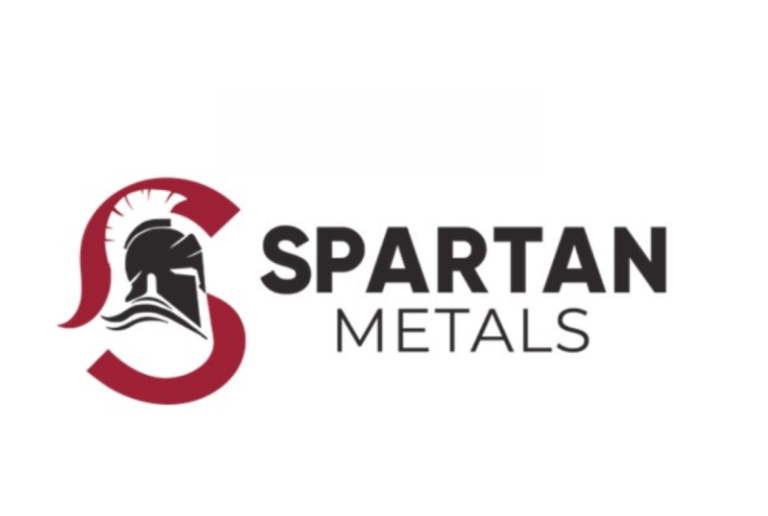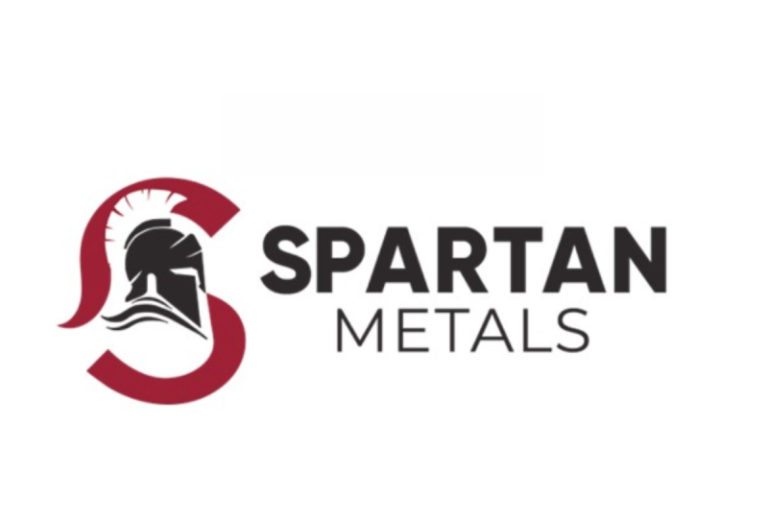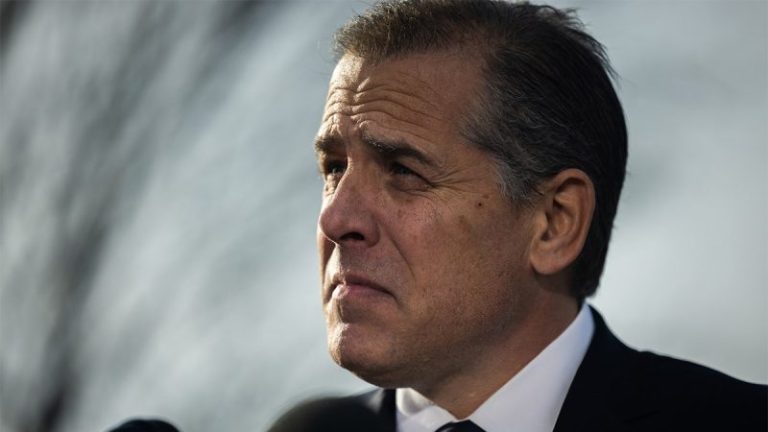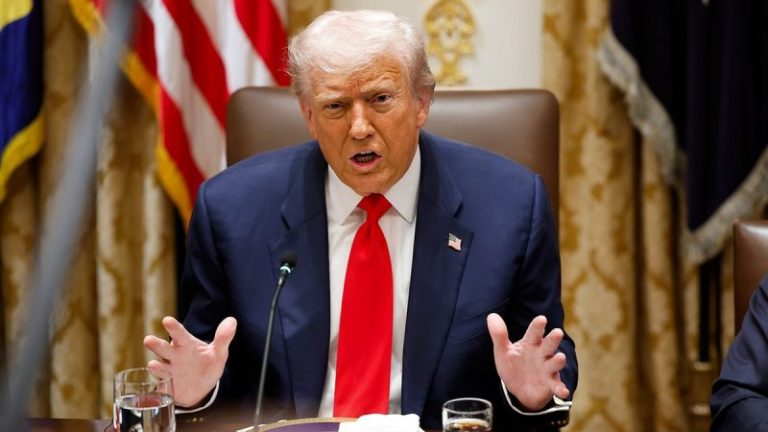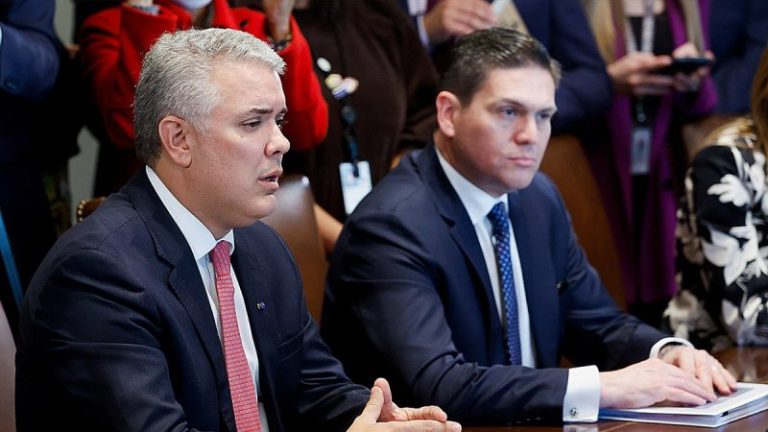IAMGOLD (TSX:IMG,NYSE:IAG) is tightening its grip on one of Québec’s most promising gold districts with back-to-back acquisitions aimed at consolidating control over a vast stretch of the Chibougamau region.
In the span of two days, the mid-tier gold producer announced definitive agreements to acquire Northern Superior Resources (TSXV:SUP,OTCQB:NSUPF) and Mines d’Or Orbec (TSXV:BLUE).
Collectively the deals will expand its landholding to more than 100,000 hectares.
The larger of the two transactions will see IAMGOLD acquire all issued and outstanding shares of Northern Superior Resources in a cash-and-stock deal valued at approximately C$267.4 million.
The acquisition will fold Northern Superior’s Philibert, Chevrier and Croteau projects into IAMGOLD’s existing Nelligan and Monster Lake holdings, creating what the company has branded the Nelligan Mining Complex.
Together, these properties host estimated measured and indicated mineral resources of 3.75 million ounces of gold and inferred resources of 8.65 million ounces, positioning the district as Canada’s fourth largest pre-production gold camp.
“The addition of Northern Superior’s assets to IAMGOLD’s Nelligan Mining Complex in the Chibougamau region of Québec is extremely exciting for IAMGOLD, the region and our mutual shareholders,” said Renaud Adams, IAMGOLD’s president and CEO. “This acquisition aligns with our strategy to become a leading Canadian-focused mid-tier gold producer, bolstering our organic pipeline in Québec where we have maintained a longstanding presence.”
A day earlier, IAMGOLD struck a deal to acquire Mines d’Or Orbec, a junior explorer advancing the Muus project southwest of Chibougamau. IAMGOLD already holds a 6.7 percent equity interest in Orbec and expects to issue roughly 369,000 new shares to complete the purchase. The transaction will bring Muus under IAMGOLD’s control.
Located at the intersection of the Fancamp and Guercheville deformation zones, which are two major mineralized corridors that also host IAMGOLD’s Monster Lake and Nelligan deposits, the 24,979 hectare Muus project has been viewed as a geological link between the company’s existing holdings.
“Over the past several years, we have advanced the Muus project into one of Québec’s most promising gold exploration plays,” Orbec CEO John Tait said.
With the addition of both Northern Superior and Orbec, IAMGOLD is set to more than double its regional footprint.
The company has signaled its intent to pursue a “hub-and-spoke” development strategy in the region, envisioning a central processing facility fed by multiple ore sources within a 17 kilometre radius.
Pending regulatory and shareholder approvals, both acquisitions are expected to close in late 2025 or early 2026.
The price of gold has surged to unprecedented levels this month, reaching an all-time high of around US$4,370 per ounce amid heightened safe-haven demand and expectations of US interest-rate cuts.
However, on Tuesday (October 21), a correction began to set in as the yellow metal pulled back sharply. It fell as much as 5.5 percent to about US$4,115 as profit taking kicked in and the US dollar strengthened.
Securities Disclosure: I, Giann Liguid, hold no direct investment interest in any company mentioned in this article.




